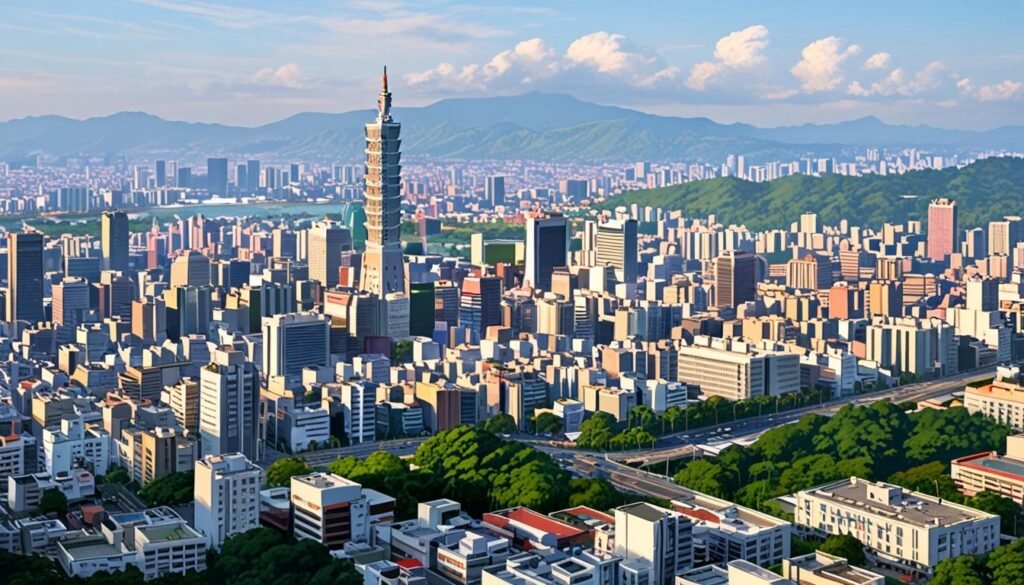**Taipei**: Taiwan plans to increase its economic aid budget from $2.71 billion to $12.61 billion to counter potential US tariffs. The package aims to support businesses, stabilise jobs, and cut energy costs, while trade negotiations with the US focus on boosting commodity imports to ease tensions.
Taipei – Taiwan’s government has proposed a substantial increase in its economic aid package to counteract the potential effects of US tariffs, escalating spending from an initial $2.71 billion to as much as $12.61 billion. This announcement came on Thursday, as tensions over trade policies between the two countries remain a focal point of Taiwan’s economic planning.
The proposed additional funds, equivalent to approximately T$410 billion, are intended as a special budget designed to support the local economy in managing the challenges posed by US tariffs. Premier Cho Jung-tai outlined the details at a news conference in Taipei, explaining that the expanded package will include financing assistance for businesses affected by the tariffs, initiatives to stabilise employment, and subsidies to reduce electricity costs for consumers and industries.
Taiwan was expected to face a 32% tariff imposed by the United States two weeks prior to this proposal. However, then-President Donald Trump aced such tariffs for 90 days, providing a temporary reprieve. Despite the postponement, Taiwan has prepared for the potential implementation of these tariffs by initiating support measures within its economy.
Premier Cho emphasised that the enlarged aid package would require approval from Taiwan’s parliament. This process presents a challenge as opposition parties, holding a parliamentary majority, have recently enacted significant reductions in Taiwan’s main budget. These opposition groups have justified their fiscal tightening efforts by targeting government waste.
In parallel to the domestic financial countermeasures, Taiwan’s government has engaged in ongoing negotiations with the United States to mitigate tariff impacts. President Lai Ching-te disclosed on Tuesday that these talks include commitments to increase purchases of US commodities, specifically focusing on natural gas and oil imports. This strategy aims to help decrease Taiwan’s substantial trade surplus with the United States, which has been a key issue underlying the tariff disputes.
The Straits Times reports that Taiwan’s multifaceted approach—combining increased fiscal support with strategic trade negotiations—reflects the government’s efforts to shield its economy from external shocks amid complex international trade relations. The approval and detailed implementation of the special budget, alongside the outcomes of the tariff discussions, will be closely watched by stakeholders within Taiwan and abroad in the coming months.
Source: Noah Wire Services





